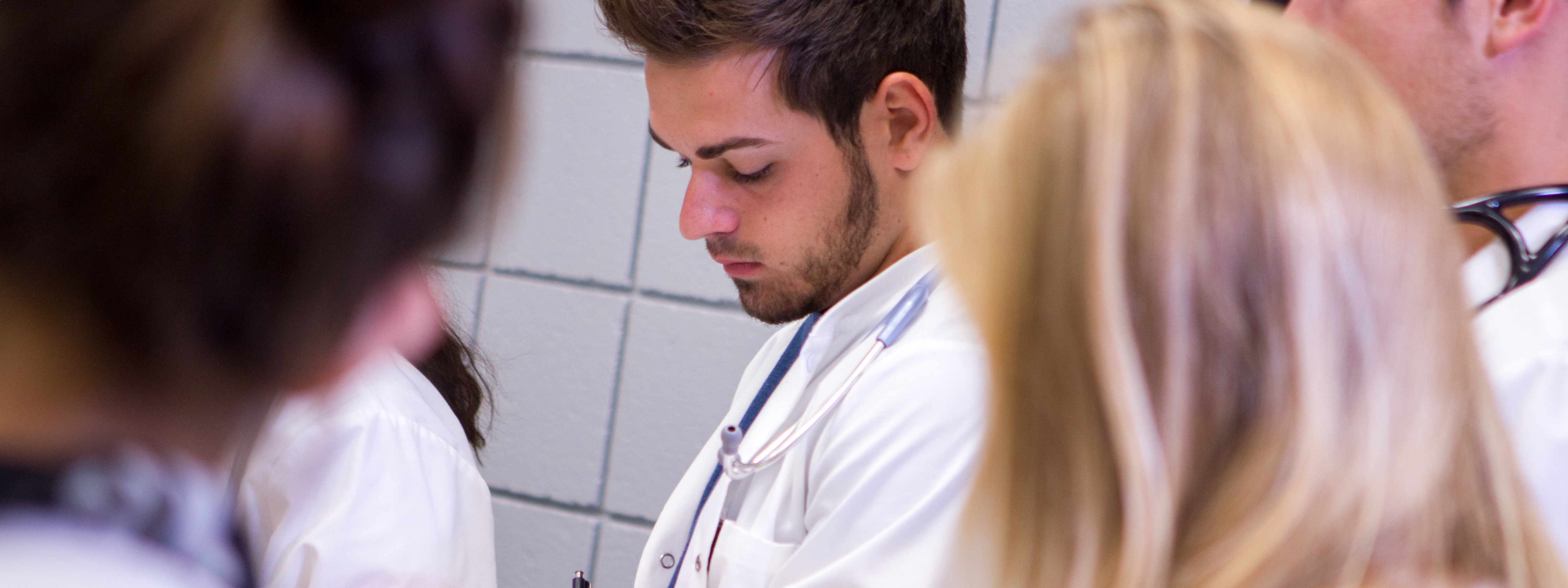Medical Laboratory Science Advanced Placement Online Option
Program Overview
The YSU online MLS Program is designed to provide a flexible pathway for working MLTs to earn the Bachelor of Science degree in Medical Laboratory Science. Students may enroll full-time or part-time. Transfer credits may be applied toward non-major course requirements with prior approval from the program director. Transfer credits for clinical experience may be applied toward laboratory course requirements.
The Advanced Placement Option in the Medical Laboratory Science program provides a pathway for Medical Laboratory Technicians (MLT) to become Medical Laboratory Scientists (MLS). The program is designed to meet the needs of the working medical laboratory technician. Major courses are offered fully online to provide the opportunity for working MLTs to remain employed while completing the Bachelor of Science in MLS degree. The MLS Advanced Placement Option is accredited through the National Accrediting Agency for Clinical Laboratory Sciences.
Admission Requirements
Applicants must meet the following criteria for acceptance into the MLSAP program:
- Graduated from a NAACLS accredited MLT/ CLT program
- Earned certification as an MLT
- Employed as an MLT in an accredited laboratory
- MLS-AP Program Admission Policy
Graduates of the MLS Advanced Placement program earn the Bachelor of Science degree in Medical Laboratory Science and are eligible to sit for the MLS certification exam.
How to get started
Contact the program director for information and complete the MLSAP program application - Apply to YSU
What You'll Study
Medical laboratory scientists perform hundreds of scientific procedures that have been devised to detect subtle changes that occur in disease. The MLS performs a full range of laboratory tests, ranging from complete blood counts, to more complex tests to uncover diseases such as leukemia, and diabetes. Studying blood cells under the microscope, the analysis of the chemical composition of blood, the isolation and identification of disease causing bacteria, and blood grouping and cross matching for transfusions are examples of the high complexity procedures performed by medical laboratory scientists. Positions are available as bench-level technologists, supervisors, and laboratory managers.
In addition to traditional laboratory careers, there are opportunities in education, research, and in industry as technical and sales representatives. In their quest to aid the physician and other health care providers, laboratory professionals do much more than look through a microscope. They operate complex analytical equipment, perform computations, and utilize precision instruments. Medical laboratory scientists act as an integral part of the health care team. Because of their academic and diverse clinical experience, graduates are well qualified for post-graduate programs in medicine, clinical chemistry, and biology.

